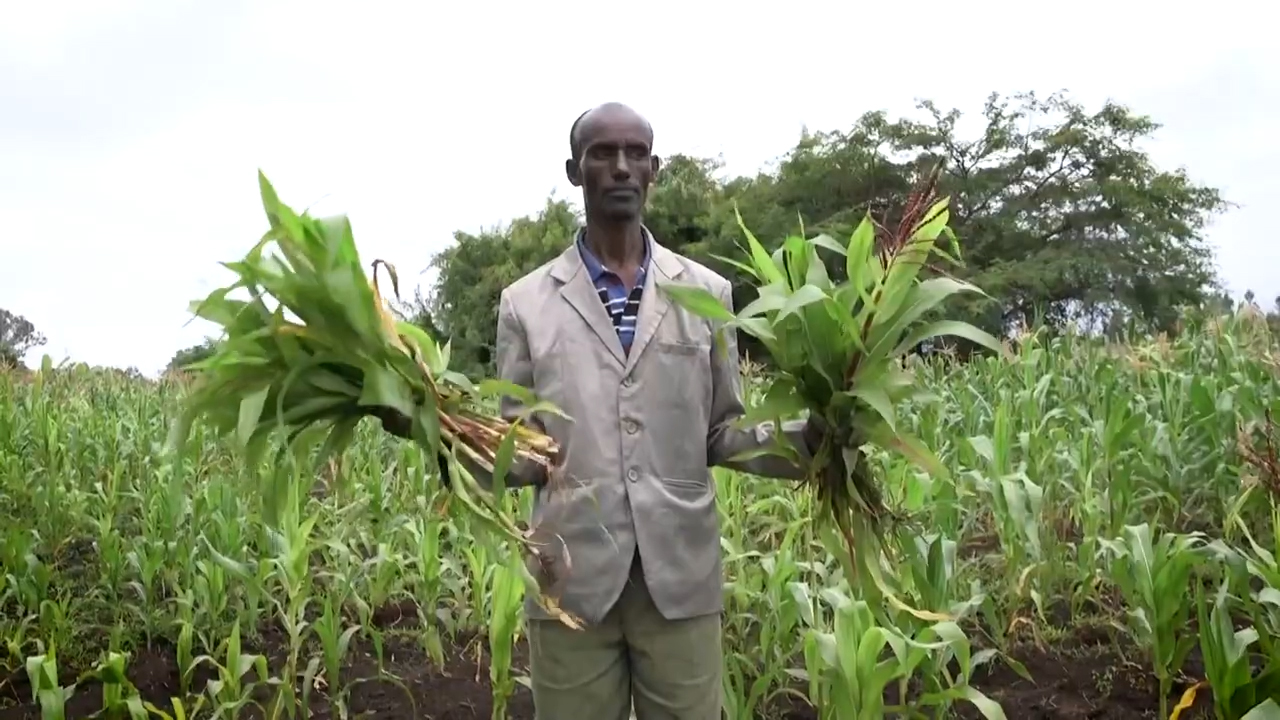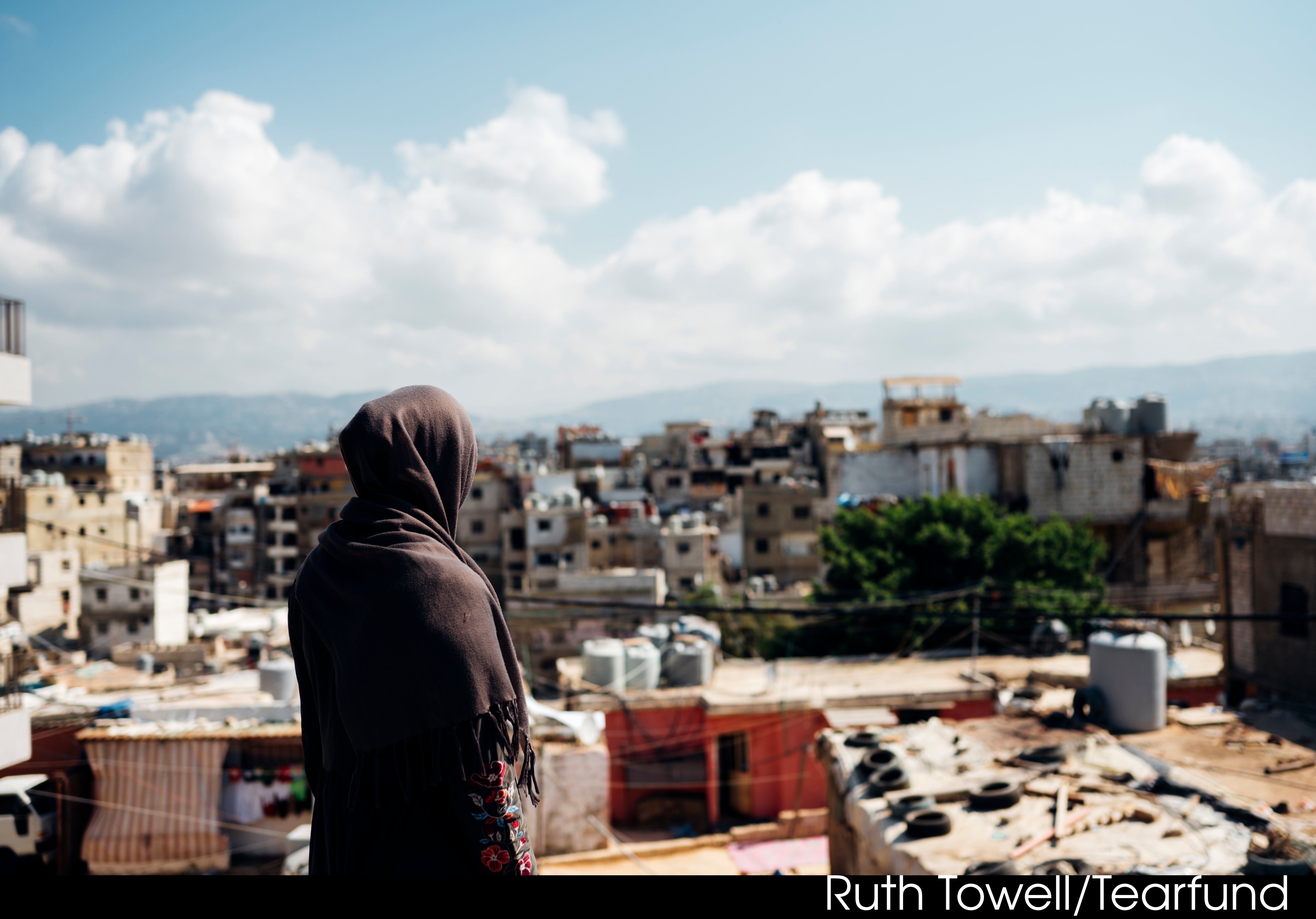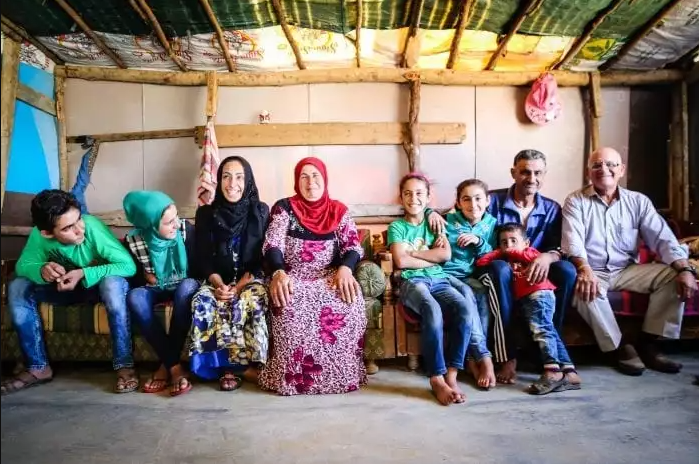
“What do you have in your house?”
I landed in Dublin in 2018, excitedly anticipating my new life here. I was sad to leave behind my family, friends, and the country I’d known and loved for decades. But I was ready for this—I had dreamed of living here for years. And though I love it, there have been many challenges and surprises that arose during my past five years here. Visas, banking, taxes, housing, transportation, terminology/slang, procedures, cultural nuances, food, and many more things were all new or different to me. Navigating so many new things at once can make you tired, frustrated, annoyed, and beyond. And even though I am happy here, I can get homesick for all things familiar. A place where I know I belong, and everything is natural.
I think about these feelings a lot when I hear stories of other migrants [someone who chooses to move, not because of a direct threat of persecution or death, but mainly to improve their lives through work opportunities, education, family reunification, or other reasons] and refugees [someone who has been forced to flee their home country because of persecution, war, or violence]. I am a migrant. However, I left a safe and secure home for another simply out of desire. I didn’t leave to earn a living wage to support my family at home. I didn’t leave because I was fearful my children would be exploited or for their education. My challenges in a new country had similarities to those of any new person arriving in a country. But I had the benefit of a safety net at home. I can’t imagine facing a situation where I had to suddenly pack up as many belongings as I could and journey across various treacherous conditions, vulnerable to traffickers and fear of deportation. Refugees also have the added challenges of trauma, perpetual fear, language barriers, cultural stigma, and insecurity added to their lives as they attempt to embark on living in this new home.

Photo: Syrian refugee living in Beirut. Credit: Ruth Towell, Tearfund
This is the reality of global refugees. I don’t think words can do justice to describe the experience of fleeing your home. What was supposed to be your safety, your security, and your place of belonging is no longer that place. Many arrive with nothing, often leaving other family members behind, and their children may lose access to education.
At Tearfund Ireland, we recognise the support refugees will need. We are fortunate to have a local partner in Lebanon that works with Syrian refugees who had to flee their country due to war. Our partner assists those arriving and living in Lebanon. Some of the ways they support refugees are:
We are thankful to have a partner with a desire to “speak up for those who cannot speak for themselves” and to “defend the rights” of the vulnerable (Proverbs 31:8–9). Together, we believe in demonstrating God’s goodness, love, and justice to those most marginalised.

Photo: Pastor visits a Syrian refugee family in their self-made tent in Lebanon. Credit: Helen Mason
If you would like to learn more about the experience of a refugee, you can sign up for our new learning journey. Starting 10th October, this weekly five-part email series will explore key reasons people flee their homes, their journey, refugees in the Bible, and more.
Learn more and sign up HERE.
